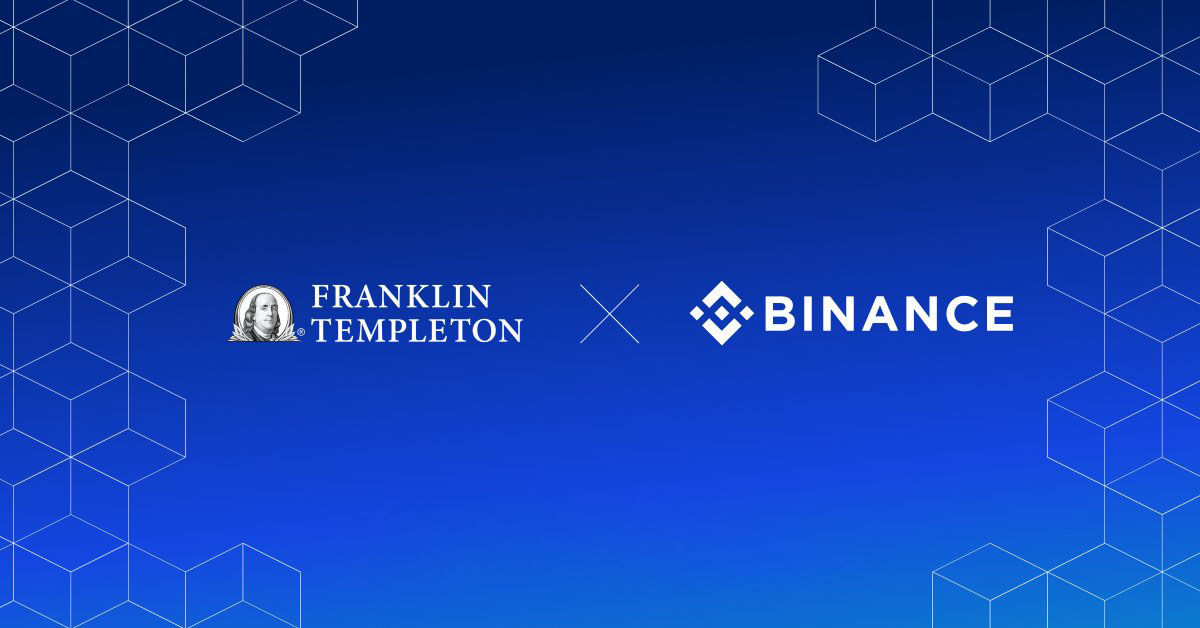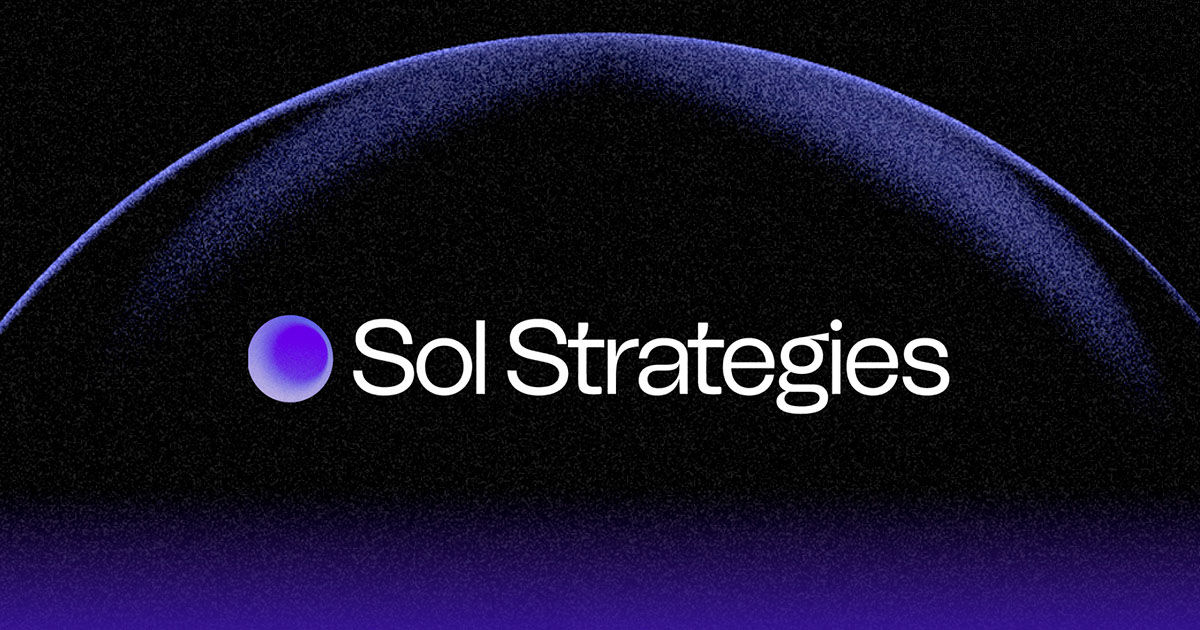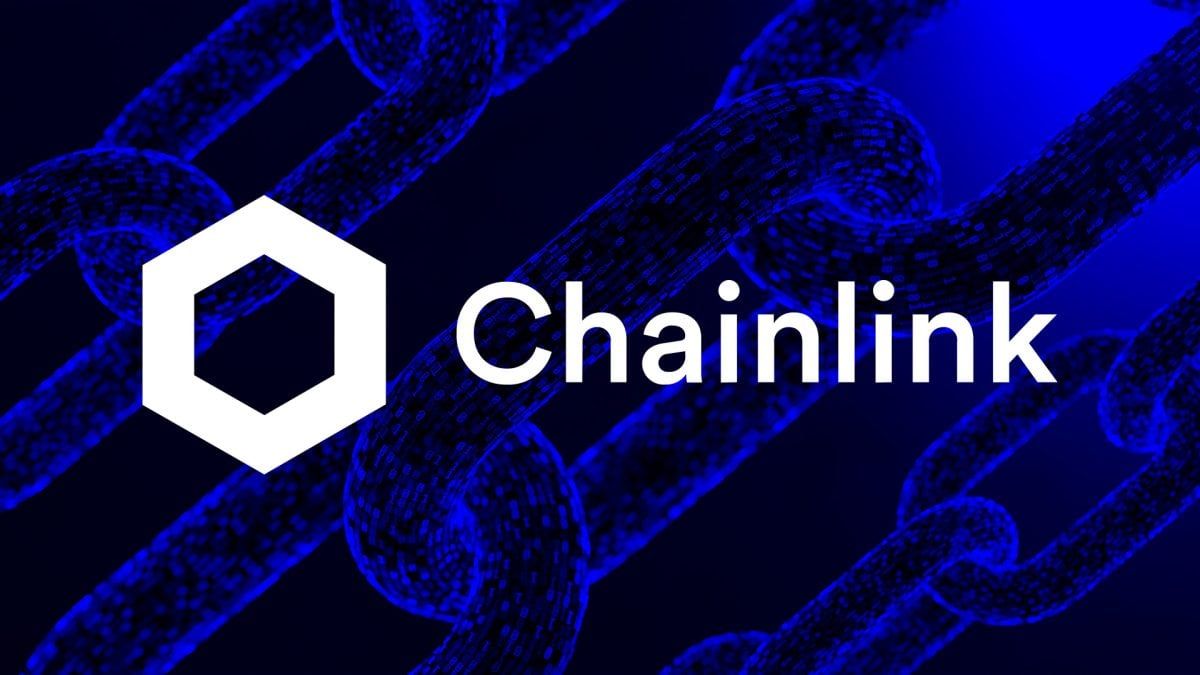Blog

BlackRock Considers Tokenizing ETFs for Better Access
Sep-12-2025
In a move that could reshape the way investors access financial markets, BlackRock is exploring the potential of tokenizing exchange-traded funds (ETFs) using blockchain technology. This strategy has the potential to allow BlackRock’s ETFs to trade around the clock, breaking away from traditional market hours. Such a shift may also increase the use of ETFs as collateral in decentralized finance platforms, offering new opportunities for both retail and institutional investors. Recent activity in the financial sector indicates a growing interest in tokenization as a way to address longstanding inefficiencies.
What’s Driving the Tokenization Trend?
Tokenization involves converting real-world assets, like real estate or private equity, into digital tokens that can be traded more easily. This approach reduces transaction costs and shortens settlement times. BlackRock has experience in this area, operating BUIDL, the world’s largest tokenized money market fund across multiple blockchains. This experience gives BlackRock a strategic advantage as it considers expanding into the ETF space.
Will ETFs Trade Non-Stop Soon?
Tokenized ETFs could potentially trade 24/7, which would mark a significant shift from traditional market structures. This flexibility would attract more investors by accommodating different time zones and schedules. However, the lack of a regulatory framework presents a hurdle. There are still questions about how these tokenized funds would be governed and how they would comply with existing financial regulations.
BlackRock stated, “We’re evaluating whether tokenizing our ETFs would enhance accessibility and utility for investors.”
Additionally, entry barriers to investment markets could be lowered by tokenization, opening doors for a broader range of participants. This could democratize investing to some extent, allowing smaller investors to enjoy benefits previously available mainly to institutions.
According to BlackRock, “Tokenizations remove long-standing barriers, potentially revolutionizing how assets are owned and traded.”
With a market cap of over US $7.4 billion, tokenized funds have proven their viability, and more financial institutions are exploring this route. Companies are testing various asset classes, including bonds and private credits, to determine the full potential of tokenization.
In taking these steps, BlackRock acknowledges both the opportunities and challenges inherent in broadening the reach of its ETF products. While the potential for 24/7 trading and lowered barriers is enticing, the regulatory landscape remains uncertain. Aligning with these emerging trends, financial markets may be seeing the next phase of digital asset integration. The conversation around tokenization underscores a growing shift in how traditional financial products are being reinvented for a digital age.
Read more

Franklin Templeton Teams with Binance for Tokenization Push
Sep-11-2025
Franklin Templeton partners with Binance to bring tokenized assets into mainstream finance.
The collaboration aims to speed up settlements, lower costs, and improve market access.
Tokenized securities could redefine yield generation and enhance investment flexibility.
Franklin Templeton, a global investment manager with $1.6 trillion in assets, has partnered with Binance, the largest cryptocurrency exchange, to bring tokenized assets into mainstream finance. This partnership combines traditional finance with blockchain technology, thus streamlining investment products and improving market efficiency.
The collaboration could play a key role in mainstreaming tokenized securities. Franklin Templeton has expertise in tokenizing traditional assets. Binance offers a strong crypto network. The partnership aims to shorten settlement times, reduce costs, and broaden access to a larger pool of investors.
Tokenized securities speed up settlement efficiency. Blockchain technology could offer faster, more secure transactions, thus eliminating delays and high costs in traditional systems. This would make the investment process more efficient for both retail and institutional investors.
Enhancing Financial Access and Security through Tokenization
The integration will also boost returns while conventional finance tends to restrict the generation of yield. The tokenized assets may provide more dynamic and effective investment opportunities. These digital products also have the potential to serve investors who want to settle faster and more transparently.
Sandy Kaul, Head of Innovation at Franklin Templeton, believes blockchain enhances existing systems. Kaul stated that the tokenization could expand access to financial platforms, and the collaboration could drive innovation while providing more opportunities for investors.
Roger Bayston, Head of Digital Assets at Franklin Templeton, pointed out the growing demand for crypto exposure. He emphasized that the partnership would offer reliable products that meet global market standards. The goal is to make crypto assets accessible while maintaining security.
Binance’s Catherine Chen, Head of VIP and Institutional Business, said the partnership would connect traditional finance with digital assets. Binance has a history of introducing innovations. This collaboration brings crypto closer to institutional investors.
Strengthening the Shift Toward Tokenization in Finance
In 2021, Franklin Templeton first entered the cryptocurrency market with the OnChain U.S. Government Money Fund and introduced several crypto-specific products, such as a Bitcoin ETF and Ether ETF. In 2023, it filed a spot Bitcoin ETF, which was approved in January 2024. Further, in mid-2024, the company also launched a spot Ether ETF.
The collaboration falls into a broader trend of institutional adoption of crypto. Established institutions such as JPMorgan and Goldman Sachs are beginning to offer crypto in tokenized products. Boerse Stuttgart and DekaBank in Europe are creating regulated institutional investor crypto trading, indicating that finance is becoming tokenized.
Meanwhile, another notable collaboration is between Nasdaq and Gemini, wherein the former has invested about $50 million in Gemini to provide tokenization services to the world market. Further, Nasdaq has also filed a proposal with the U.S. Securities and Exchange Commission (SEC), seeking approval to list tokenized stocks directly on its platform. This move is another step toward mainstream tokenized securities and accelerates the tokenization era.
Related: SOL Strategies Secures Nasdaq Listing, Set to Trade as STKE
The partnership between Franklin Templeton and Binance is crucial for redefining asset management. With the financial industry likely experiencing major shifts, blockchain technology would play an increasingly central role in how assets are traded and settled.
The collaboration could signal a major structural shift in finance as tokenized securities redefine yield generation, thus becoming a key feature of mainstream finance. If successful, this partnership would change how investments are made and managed.
Read more

SOL Strategies Debuts on Nasdaq With $94M in Solana
Sep-10-2025
SOL Strategies lists on Nasdaq with $94M in Solana.
Enhanced capital access for SOL Strategies shareholders.
No immediate market shifts in Solana ecosystem.
SOL Strategies, a digital asset firm, began trading on the Nasdaq Global Select Market under the ticker STKE on September 9, 2025, following a rebranding.
The Nasdaq listing enhances SOL Strategies' market liquidity and capital access, validating and potentially boosting visibility for the Solana ecosystem.
SOL Strategies, previously known as Cypherpunk Holdings, commenced trading on the Nasdaq Global Select Market under the symbol STKE, holding approximately 435,064 Solana tokens. The listing has been covered by CoinDesk for further details.
The firm, spearheaded by CEO Leah Wald, emphasizes expanding validator operations and Solana investments. The Nasdaq debut grants the company access to broader capital markets, enhancing investor liquidity.
The listing aims to boost institutional investor engagement, though no on-chain Solana activities have been noted. No major influencers have publicly commented on the Nasdaq debut of SOL Strategies.
SOL Strategies' entrance onto the Nasdaq mirrors similar strategic moves by other digital asset firms, leading to increased visibility but no immediate on-chain financial disturbances.
SOL Strategies aligns with firms like Marathon Digital in pursuing enhanced market penetration. No concrete signs of regulatory or institutional shifts have emerged.
This strategic alignment may lead to greater interest in Solana (SOL) over time. Observers anticipate no direct changes until further capital raisings or strategic moves are implemented.
Regarding the Nasdaq listing, Leah Wald stated, "This listing provides our shareholders with enhanced liquidity while giving us access to deeper capital markets as we continue scaling our validator operations and expanding our ecosystem investments. It’s also validation for the entire Solana ecosystem.”
Read more

Chainlink Whale Accumulation and ETF News Surge Market Activity
Sep-9-2025
Chainlink's whale accumulation surges amid ETF interest and trading volume increases.
Whale wallets exceed 600, indicating growing market interest.
ETF provider filings add institutional confidence, boosting Chainlink's market position.
Chainlink (LINK) experiences heightened accumulation by whale investors and institutional interest due to ETF news, as trading volumes surge in early September 2025, setting sights on $31 resistance.
These dynamics underscore potential upward momentum in LINK's price, illustrating significant market optimism and increased validation from institutional investors, impacting broader cryptocurrency trends and market stability.
Chainlink (LINK) is experiencing heightened whale accumulation and ETF interest, with trading volumes spiking as of early September 2025.
The event is important due to increased institutional engagement and potential price movement, boosting investor confidence in Chainlink.
Whale Accumulation Hits Over 600 Wallets Mark
Chainlink’s market activity is driven by whale accumulation and ETF news, leading to significant trading volume. These dynamics contribute to Chainlink targeting higher price resistance levels. According to an anonymous market expert, "The accumulation trend among whales indicates a bullish sentiment, especially with ETF news reinvigorating interest in LINK."
Whale investors, holding over 100,000 LINK, number more than 600, marking an all-time high. Institutional participants are joining, highlighting the promise of Chainlink’s growth. Market Insights provides additional analysis on this trend.
Institutional Interest Spurs Trading Volume Boost
The increase in whale wallets and trading volumes signifies heightened institutional interest in Chainlink. This trend strengthens market activity and potential long-term price shifts.
The financial impact includes larger spot trading volumes and reduced sell-side pressure due to LINK outflows from exchanges. Institutional engagement further supports Chainlink’s market advancement, as seen in its growing presence in reports such as the Chainlink Community Forum.
Historical Whale Trends Suggest Future Price Growth
Historically, concentrated whale accumulation has driven LINK’s price rallies. Similar past events indicate potential for significant market movements following this activity.
Based on historical data, if the trend continues, Chainlink could see sustained price growth. Such movements align with previous patterns of supply squeezes and upward price actions. For more details, Chainlink's official communications highlight ecosystem updates, as found in the Chainlink Communications.
Read more

Corporate Bitcoin Treasuries Surpass 1 Million BTC in Global Holdings
Sep-8-2025
Firms added 9,800 BTC worth nearly $1B in a week, pushing corporate holdings above 1M BTC.
New treasuries from Dutch, Chinese, and U.S. firms added 1,503 BTC to their reserves.
Existing companies like Strategy, Marathon, and Metaplanet expanded their Bitcoin positions.
Corporate Bitcoin holdings exceeded one million BTC this week, following significant allocations from companies worldwide. Between September 1 and September 6, firms announced acquisitions of nearly 9,800 BTC, valued close to $1 billion at prevailing market prices.
Three new treasuries accounted for 1,503 BTC. A Dutch company raised $147 million to acquire 1,000 BTC, while China-based CIMG Inc. entered with 500 BTC. U.S. firm Hyperscale Data also opened a smaller position of 3.6 BTC. These developments reflected broader institutional participation in Bitcoin treasury strategies.
Expanding Allocations by Existing Firms
Alongside new entries, existing firms expanded their reserves significantly. Michael Saylor’s strategy led purchases, pushing its total holdings above 636,500 BTC. Marathon Digital acquired 1,838 BTC, and Metaplanet added 1,009 BTC, bringing its balance above 20,000 BTC. American Bitcoin accumulated 502 BTC, further strengthening its position.
Other companies made smaller additions. Cipher Mining purchased 195 BTC, CleanSpark added 124 BTC, and Convano acquired 155 BTC. Cango secured 150 BTC, while Sequans, Bitdeer Technologies, and DMG Blockchain Solutions announced modest increases. Together, 24 firms accounted for 8,339 BTC in new holdings during the week.
Future Commitments and Institutional Moves
Future commitments highlighted growing corporate interest in Bitcoin. Metaplanet gained approval to raise ¥555 billion ($3.8 billion) for expansion. Japanese firm S-Science increased its limit to ¥9.6 billion ($65.3 million), and The Smarter Web Company in the UK signed a £24 million ($32.4 million) subscription deal.
Several other companies disclosed similar strategies. Hyperscale Data revealed a $20 million Bitcoin ATM program, and Convano pledged ¥2.5 billion ($17 million). Sora Ventures launched a $1 billion Bitcoin treasury fund, while American Bitcoin listed on Nasdaq under the ticker $ABTC. BlackRock also announced a $290 million Bitcoin purchase, reinforcing institutional adoption trends.
These commitments underscore Bitcoin’s role as a reserve asset in corporate treasury management. With global firms adding allocations and preparing larger purchases, corporate holdings now surpass one million BTC, reflecting Bitcoin’s growing integration into institutional finance.
Read more






